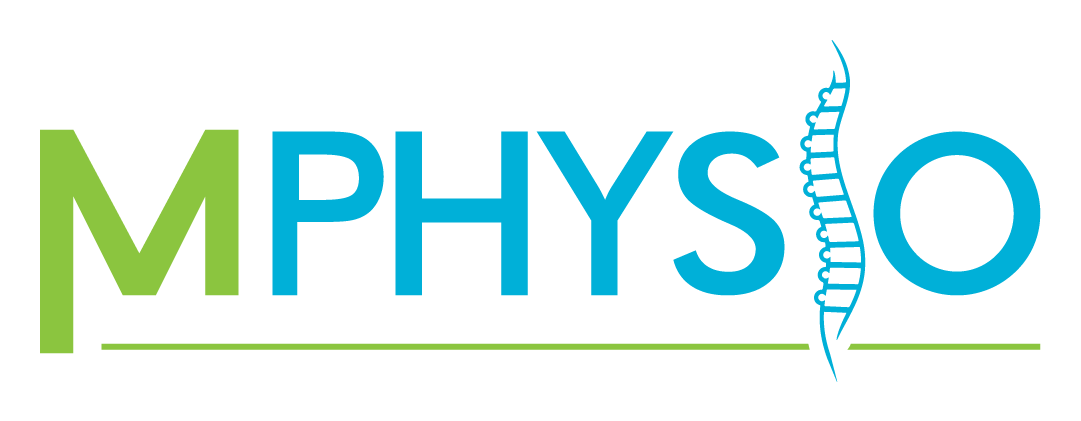What is Sports Physiotherapy?
Sports physiotherapy is a dedicated type of service that helps clients return to peak performance in the shortest amount of time, with minimal risk of further injury.
Our service entails a comprehensive assessment of injuries sustained during sport, followed by appropriate physiotherapy treatment and rehabilitation.
At our leading physiotherapy clinic, we combine expert sports physiotherapy with techniques such as dry needling, sports injury management, exercise therapy and access to our rehab gymnasium to support every stage of your recovery.
Will I Benefit From Sports Physio?
If you enjoy participating in any form of sport, whether you are new to a particular sport or a professional athlete, a rugby union player or a casual golfer, our expert sports physiotherapy team can enhance your sporting performance, and reduce the risk of sports injuries.
We understand your body may be pushed to the limits during sporting events. That’s why it’s a great idea for athletes and sports teams to have a physio by their side. Seeing a sports physio is a smart preventative step to reduce the risk of future or further injury and maintain long-term physical health. This ensures that bodies are performing at their optimal levels.
Engaging a sports physio, especially when you don’t have an injury, is particularly important in order to prevent recurring injuries or possible future injuries. Our team is familiar with a wide range of sports and specific injuries that can commonly result from each of them (eg. tennis elbow or shin splints for runners).
Our sports physiotherapists can perform a full body assessment to analyse whether your body has any limiting factors that may inhibit your performance or put you at risk of common sports injuries and target those areas before an injury occurs. With a personalised treatment plan, we target those areas proactively to keep you performing at your best, pain-free.
What Is Included In Sports Physio?
At M Physio, our sports physiotherapy services are designed to support athletes of all levels—from weekend warriors to elite competitors—through injury prevention, rehabilitation and performance optimisation. Whether you’re recovering from an injury or looking to reduce your risk of one, our structured approach combines hands-on care with evidence-based exercise therapy to help you return to sport stronger and more confident.
Here’s what’s included in your sports physio treatment at M Physio:
Your Own Dedicated Sports Physiotherapist
You’ll be paired with an experienced sports physiotherapist who understands the specific demands of your sport and lifestyle. They’ll work closely with you to create a management and rehabilitation plan that suits your goals—whether it’s returning to competition, improving strength and agility or preventing re-injury.
Comprehensive Full Body Assessment
Our initial assessment includes a detailed examination of your posture, biomechanics, movement patterns, strength, flexibility, and any current or past injuries. This allows us to identify the root cause of current issues and contributing factors that may be limiting performance or predisposing you to injury.
Identification of Limiting Factors
We take a holistic approach, going beyond the site of pain to uncover underlying limitations. These may include joint restrictions, muscular imbalances, poor neuromuscular control or improper movement mechanics. Addressing these early is crucial for long-term recovery and enhanced performance.
Individualised Exercise Plan
We create a customised home or gym-based exercise therapy plan that supports your recovery and performance goals. This plan evolves with you and is designed to gradually increase load, mobility and strength—ensuring safe return to sport and sustained progress.
Targeted Treatment of Limiting Factors
Once limiting factors are identified, we develop a targeted physiotherapy treatment plan. This may involve hands-on therapy, corrective exercises, strength and conditioning and sport-specific drills. Each program is carefully structured to address your unique needs and adapt as your progress continues.
Manual Therapy Techniques
Our hands-on techniques include joint mobilisation, soft tissue massage, myofascial release and trigger point therapy. These are used to relieve pain, reduce inflammation, restore movement and improve soft tissue health—accelerating your recovery process.
Matwork Pilates
Mat-based pilates focuses on building deep core strength, body control, balance and stability. It’s especially beneficial for injury prevention and rehabilitation, helping to re-educate movement patterns and reduce stress on vulnerable areas.
Reformer Pilates
Using spring-based resistance, reformer pilates enhances muscle control, alignment, flexibility and functional strength. It is a powerful tool in both early-stage rehab and performance enhancement, and is integrated into your program based on your individual progress.
Access to Our Fully Equipped Gymnasium
Our in-clinic gym space gives you the opportunity to complete supervised exercise therapy sessions using high-quality equipment. It’s the perfect environment to focus on movement retraining, sport-specific exercises, strength development and cardiovascular fitness—all under the guidance of your physiotherapist.
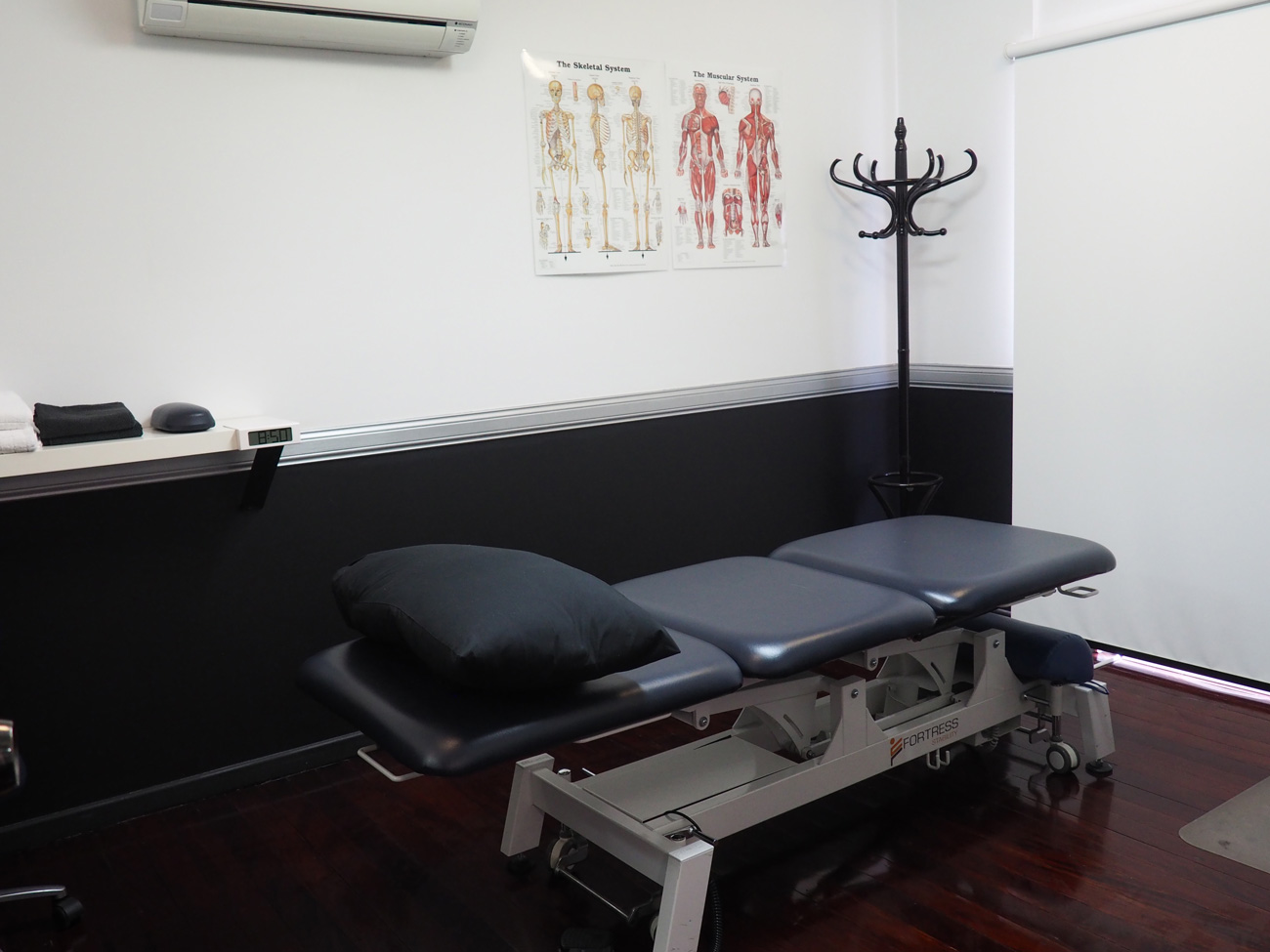
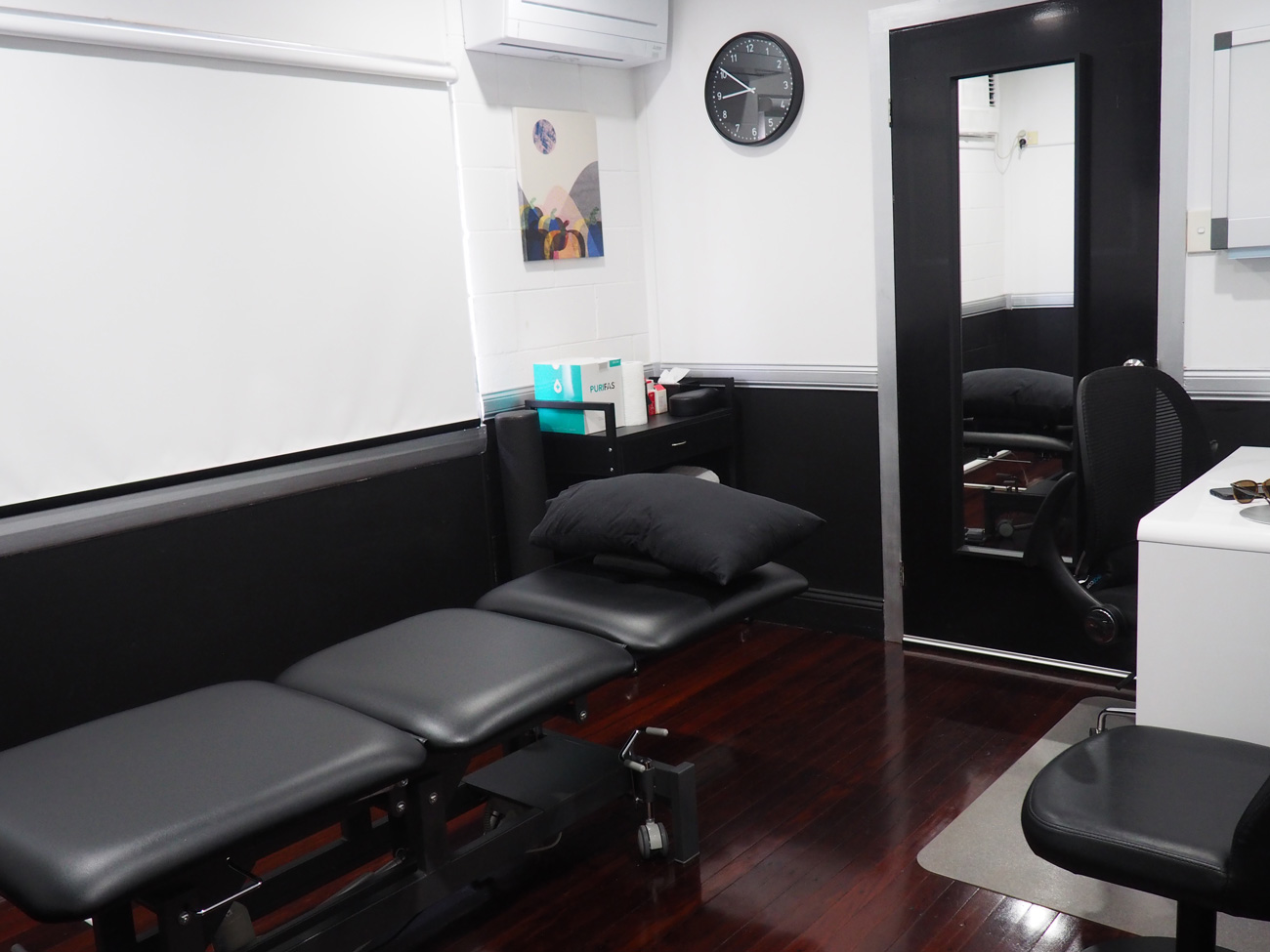
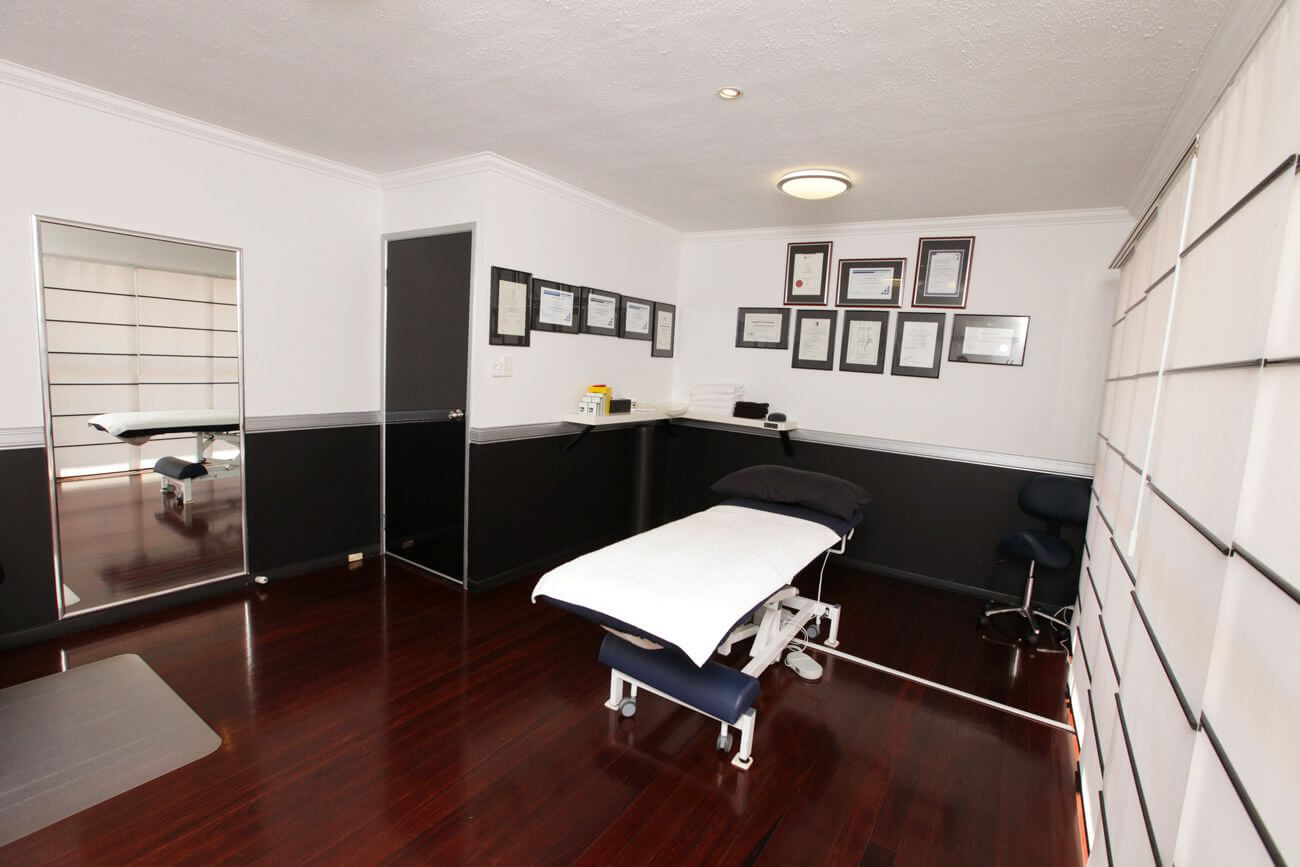
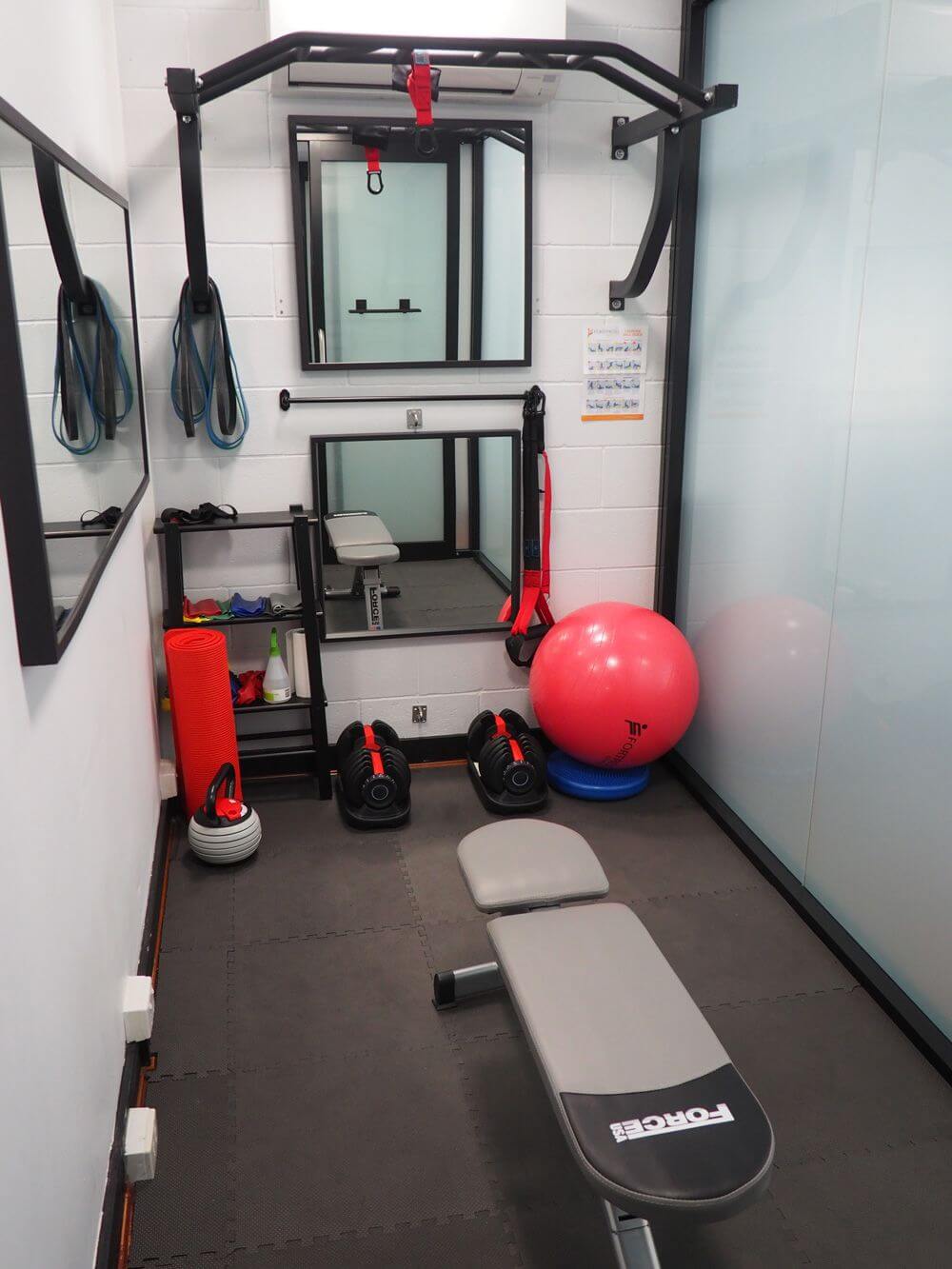
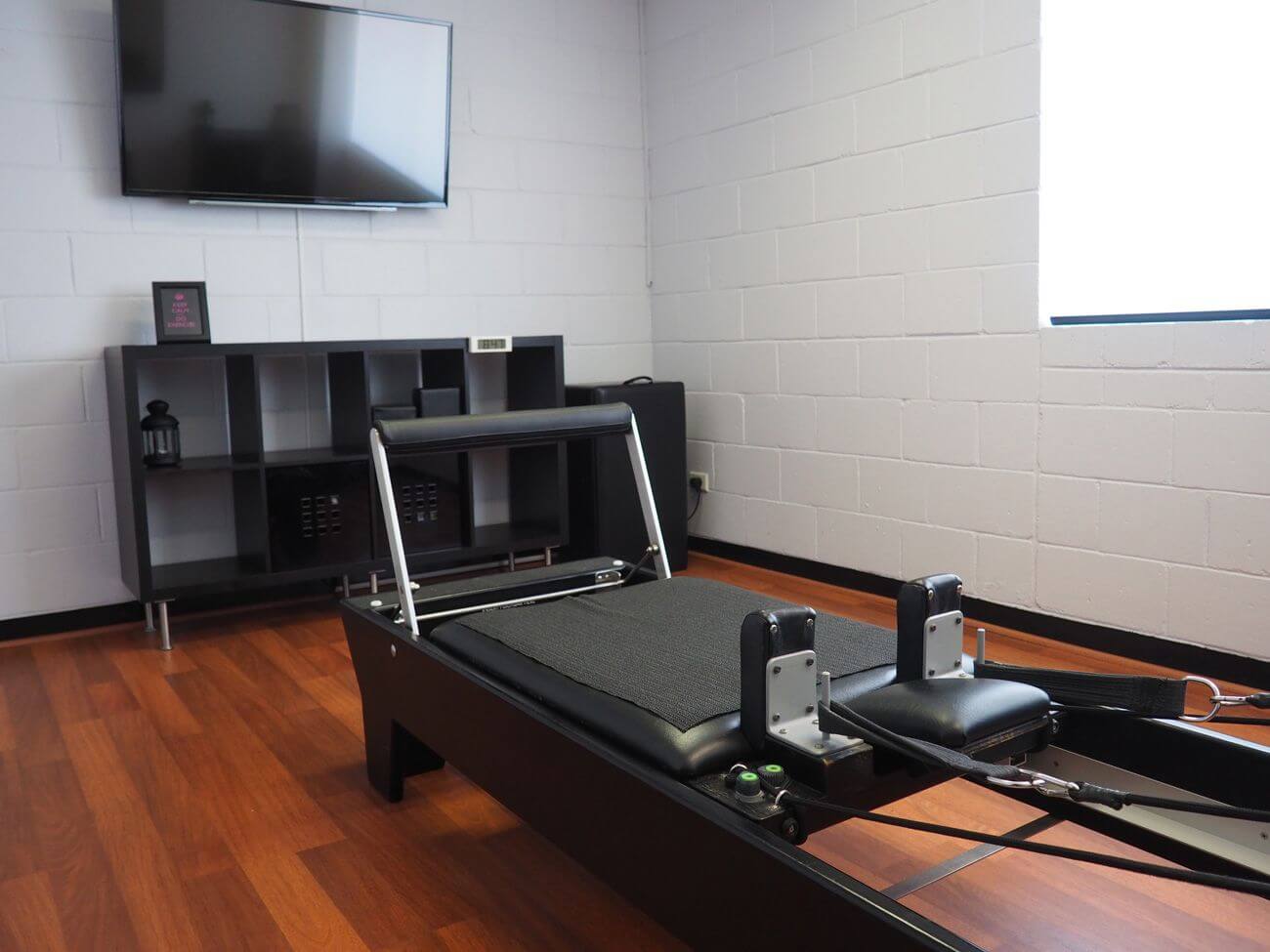
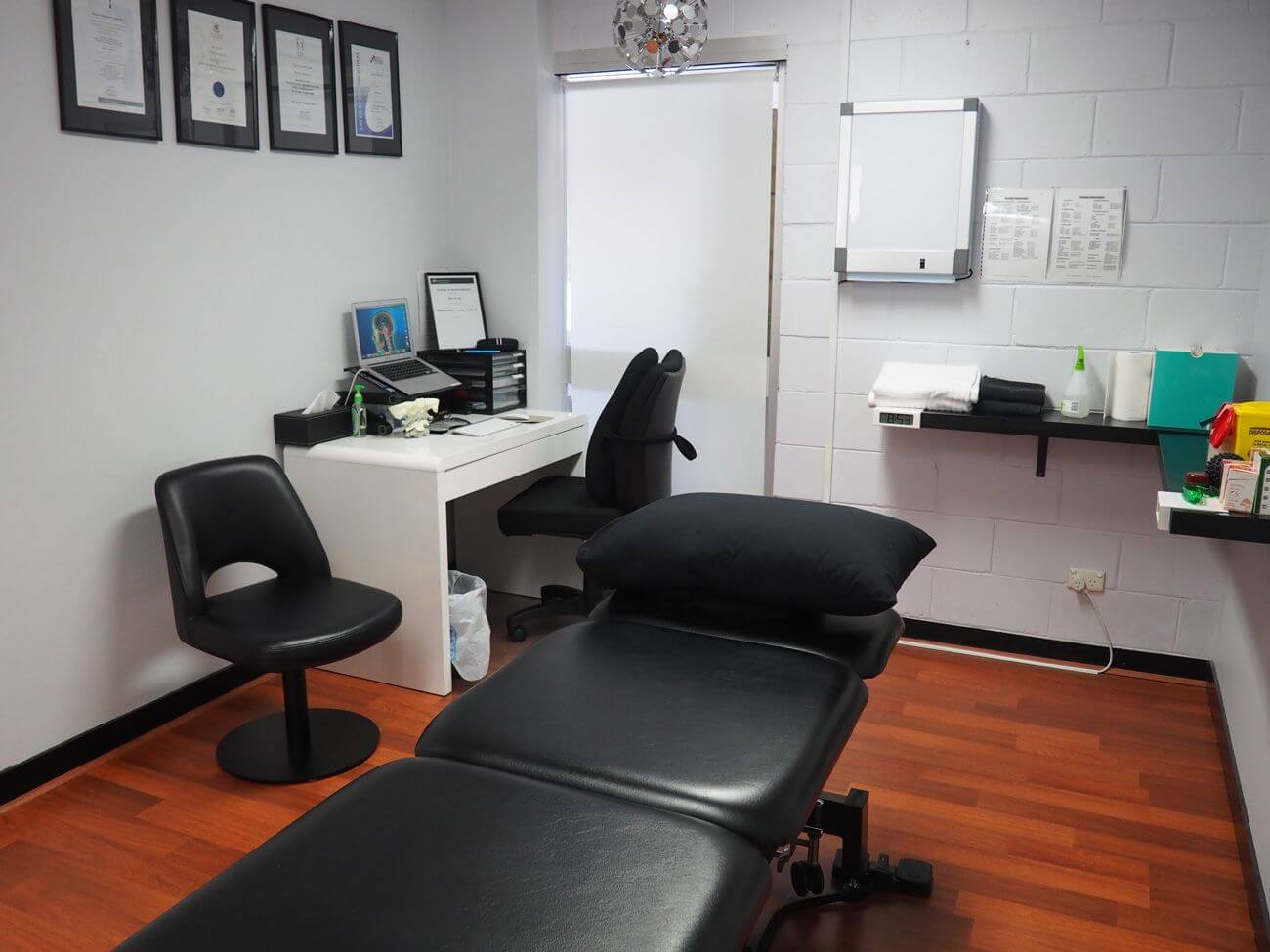
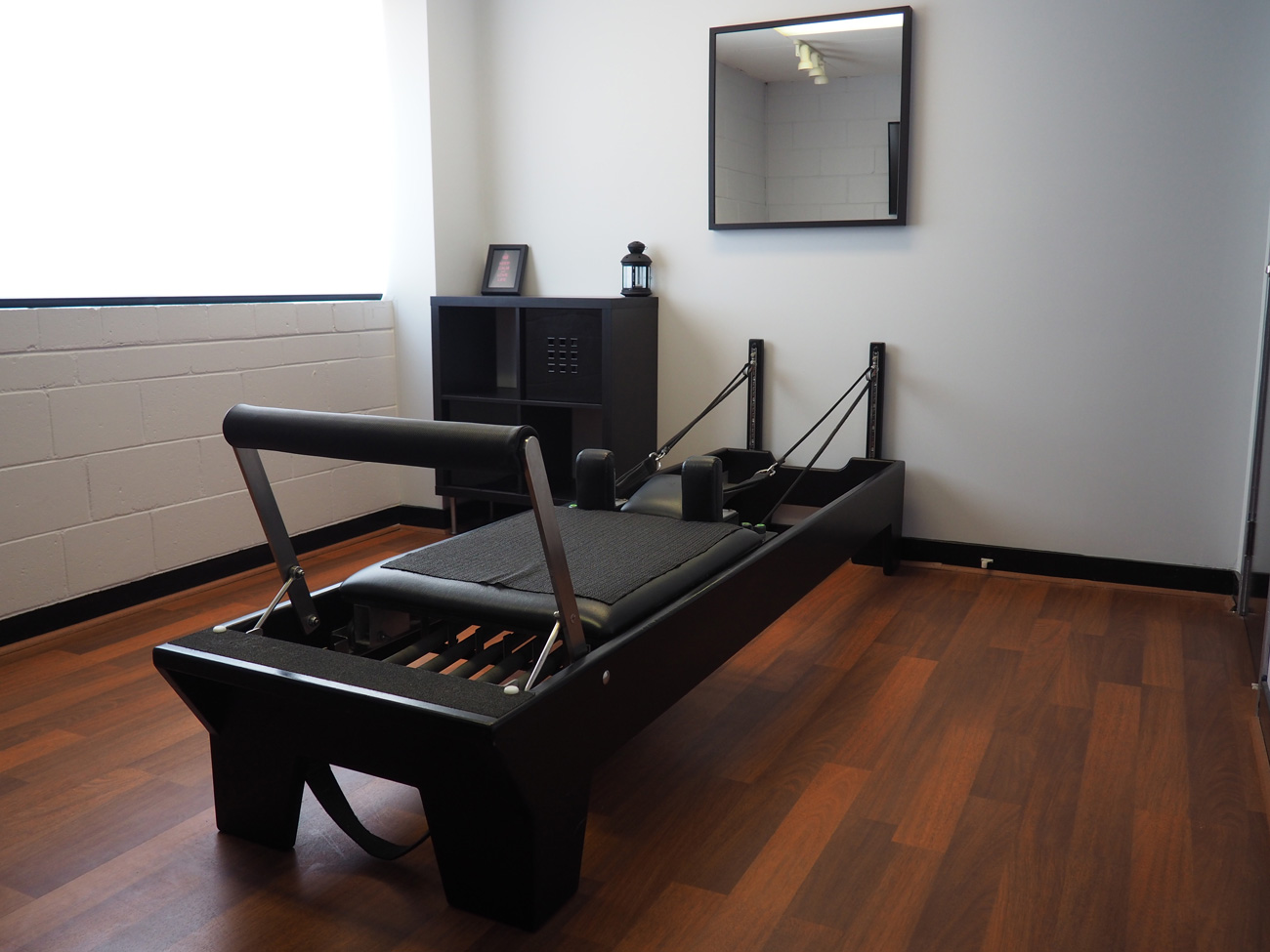
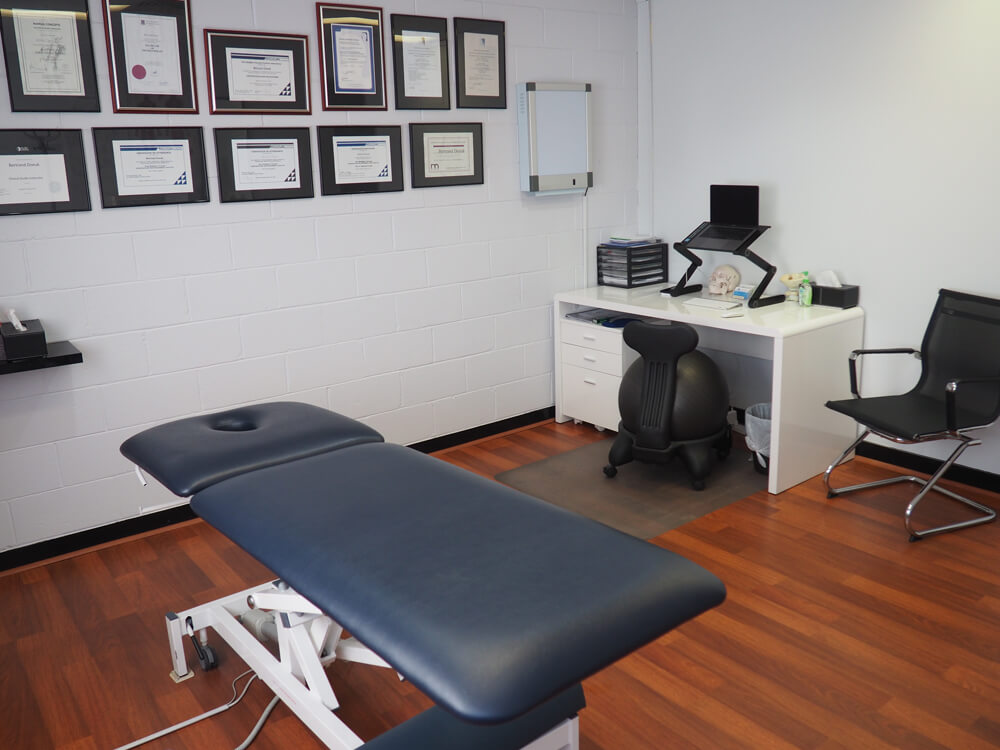
Sports Physio Brisbane, Gold Coast & Sydney - FAQ
What’s the difference between an Exercise Physiologist and a Sports Physiotherapist?
A simple and short explanation is that Exercise Physiology practices help to improve the health of a patient by providing “hands off”, or active treatments, through a clinical exercise program. A sports physio provides “hands on”, or passive treatment, (joint manipulation, massage, acupuncture etc) as well as prescribing specific exercise programs.
I've just had surgery, can you help?
Typically, yes. Depending on the surgery, physiotherapists are usually in a great position to assist you in returning to your normal life and beyond post surgery. If the surgery is of a musculoskeletal nature (if you’ve been treated by an orthopaedic surgeon, for example), physios can work with you to restore function and reduce pain to get you back to your old self as quickly as possible. Our sports physiotherapists can also work closely with other sports physicians in your local area in order to get you back into playing the sport that you love.
How can clinical pilates help my exercise therapy plan?
Clinical pilates can be used for rehabilitation purposes to treat and prevent injuries, it even enhances recovery outcomes. Once an issue with the body is identified, specific pilates exercises can be prescribed to restore range of motion to joints, strengthen or loosen weak or tight muscles, enhance motor control and improve coordination of the whole body. Pilates can be effective for children, adolescents, the elderly and elite or recreational athletes.
Is going to the gym and lifting weights safe for my body?
We often advise patients to attend the gym in order to stress particular regions of the body with weights. This is in order to support ongoing treatment and further develop muscle strength, increase bone density and improve motor control of the body.
So long as there is no underlying issue that would prevent a patient from attending the gym, and the patient understands how to perform the exercise safely and correctly, it is safe to attend the gym. If any of these factors are not met, it is not safe to attend the gym and lift weights.
Is it normal to feel pain after exercising?
It is not normal to feel pain after exercising. If pain persists, we would advise that you stop or modify the exercise you are performing.
It is however normal to feel DOMS (Delayed Onset Muscle Soreness) which is usually felt 1 or 2 days after exercising. DOMS usually occur due to small-scale damage (microtrauma) to the muscle fibres. DOMS is only felt temporarily and the discomfort is felt along the muscles that were worked on.
What chronic pain conditions can sports physiotherapy treatment help with?
Our expert team manages a broad spectrum of chronic pain conditions, including low‑back pain, shoulder tendinopathy, persistent neck pain and more. Through detailed assessment and musculoskeletal physiotherapy, we identify the drivers of your muscle tension and chronic pain and build a step‑by‑step plan. This often includes:
- Sports physiotherapy massage and trigger point release to relax tight muscles and improve circulation.
- Customised exercise prescription to strengthen weak areas.
- Collaboration with other allied health services (e.g. podiatry, nutrition) for 360° support.
Education on self‑management strategies to prevent flare‑ups.
What happens during my first sports physiotherapy assessment?
Your very first session with an M Physio experienced physiotherapist lasts around 50 minutes and includes:
- Comprehensive history – We’ll discuss how your injury or complaint began, any past injuries or surgeries, training load, goals and lifestyle factors (e.g. work/sport commitments).
- Movement screening – We’ll observe you performing key movements (squats, lunges, overhead reach) to identify muscle imbalances, joint restrictions or faulty movement patterns.
- Hands‑on testing – Through gentle manual tests of joint range, muscle length/tension and soft‑tissue palpation, we pinpoint exact tissues involved.
- Objective measures – We may use dynamometry or functional tests (e.g. hop test, agility drills) to quantify strength, power and coordination deficits.
Plan of care – We’ll go through our findings, outline realistic rehabilitation milestones, propose treatment modalities (manual therapy, exercise prescription, biomechanical re‑education) and agree on a timeline which may span a few sessions or become an ongoing treatment plan.
How long will my sports injury rehabilitation take?
Rehab timelines vary depending on injury type, severity and your personal circumstances, but here’s a rough guide:
- Minor strains & sprains: 2–4 weeks of guided exercise rehabilitation and manual therapy.
- Moderate tears or overuse injuries: 6–12 weeks of progressive loading, including sport‑specific drills.
- Post‑surgical rehab (e.g. ACL reconstruction): 6–12 months, depending on the type of surgery, with staged strengthening, proprioception and return‑to‑sport testing.
Your active participation (attending scheduled sessions, doing prescribed home exercises and modifying aggravating activities) directly influences how quickly you progress. Throughout, we regularly reassess to ensure we’re on track and adapt your program if needed.
Can sports physiotherapy help prevent future injuries?
Absolutely. Injury prevention is a core focus at M Physio:
- Movement re‑education – We correct faulty biomechanics that predispose you to strain (e.g. poor squat technique, hip drop in running).
- Individualised strength & conditioning – Targeted programmes build muscle resilience around vulnerable joints (shoulders, knees, ankles).
- Flexibility & mobility routines – Regular stretching and joint‑mobilisation drills maintain optimal tissue length and joint play.
- Load management advice – We guide you on how to safely increase training volume, frequency and intensity to avoid overtraining.
Education & self‑management – You’ll learn warning signs of overload, self‑massage or foam‑rolling techniques and warm‑up/cool‑down strategies to keep you in peak condition.
Do I need a GP referral to come to your physiotherapy clinic?
- GP referral: No referral is required to see a physiotherapist. However, if you have a chronic musculoskeletal condition, an EPC (Enhanced Primary Care) referral from your GP entitles you to Medicare rebates for up to five allied‑health visits per calendar year.
- Private health insurance: If you hold extras cover, most health funds provide rebates for physiotherapy. Check your level of cover to see how many treatments are included and any gap you may need to pay.
- Workplace injuries & CTP claims: We’re approved providers for WorkCover and the NSW/QLD CTP schemes—just bring your claim details and approval number.
If you’re unsure about the best funding pathway, our friendly admin team can help you navigate referrals and rebates so that you get the care you need while maximising your benefits.
